Nigeria’s Civilian Joint Task Force, a militia formed to fight Boko Haram, released 833 child soldiers under a deal agreed last year, the United Nations Children’s Fund (UNICEF) said on Friday, October 12.
Civilian JTF released the children in Maiduguri, northeast Nigeria, the first formal release of children from its ranks since it signed an action plan in September 2017, UNICEF said in a statement.
The United Nations Country Task Force on Monitoring and Reporting on grave child rights violations (CTFMR) has to date identified a total of 1,469 children (1,175 boys and 294 girls) associated with CJTF in the city of Maiduguri.
Civilian JTF has committed to ending and preventing the use and recruitment of children within its ranks, and instructing its members not to use children in the future.
Various vigilante groups in Nigeria’s Borno state formed CJTF in 2013 in to fight the Boko Haram insurgency, and the militia has carried out operations with the Nigerian Army.
According to the U.N., CJTF used children as young as nine between October 2015 and August 2017.
Civilian JTF is believed to have between 23,000 and 26,000 members in Borno and Yobe states. The group has been accused of systematic sexual violence, mass executions and diverting food from civilians.
Boko Haram notoriously also uses child soldiers. UNICEF noted on Friday that during the first six months of this year, 37 children, the majority of whom were girls, were used as “human bombs” to harm civilians. During the same period, 349 children were killed or maimed, and another 140 children were abducted.
In July, the Nigerian Army released 183 children after clearing them ties to Boko Haram.
Ongoing violence from Boko Haram undermines claims by the military that the insurgent group has been defeated, and Nigeria’s President Muhammadu Buhari’s insistence that it is a spent force as he gears up for elections next year.
Boko Haram is divided into two factions that have competing goals and operational methods. One, led by Abubakar Shekau, is notorious for suicide bombings and indiscriminate killings of civilians. The other, known as Islamic State West Africa Province and led by Abu Mus’ab Al-Barnawi, largely focuses on attacking military and government targets.
Last month an ISWAP commander, Ali Gaga, was shot and killed by his comrades over an alleged plan to turn over hundreds of hostages to the Nigerian military. His death, the second of senior leadership by radical elements in a month, sparked fears of a new hardline takeover in the ISIS-aligned faction of Boko Haram.
ISWAP is dominant around the shores of Lake Chad, while the Shekau-led faction is concentrated in rural areas of Borno state.


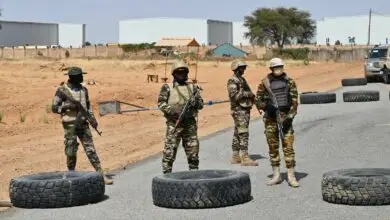
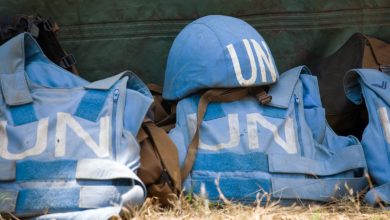
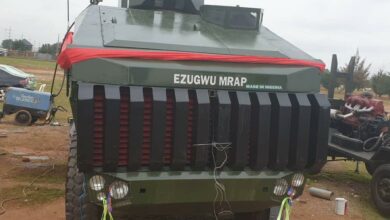
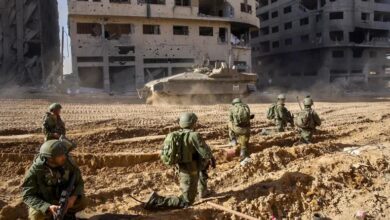
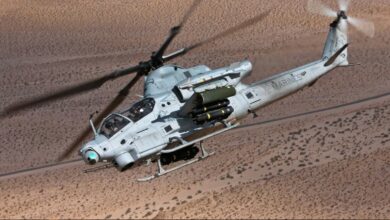

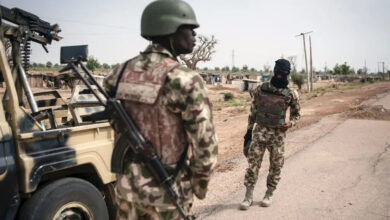
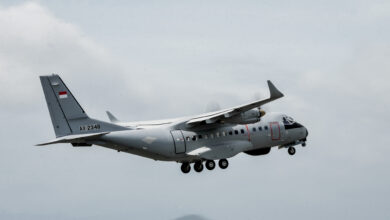
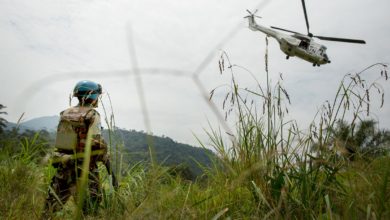

One Comment